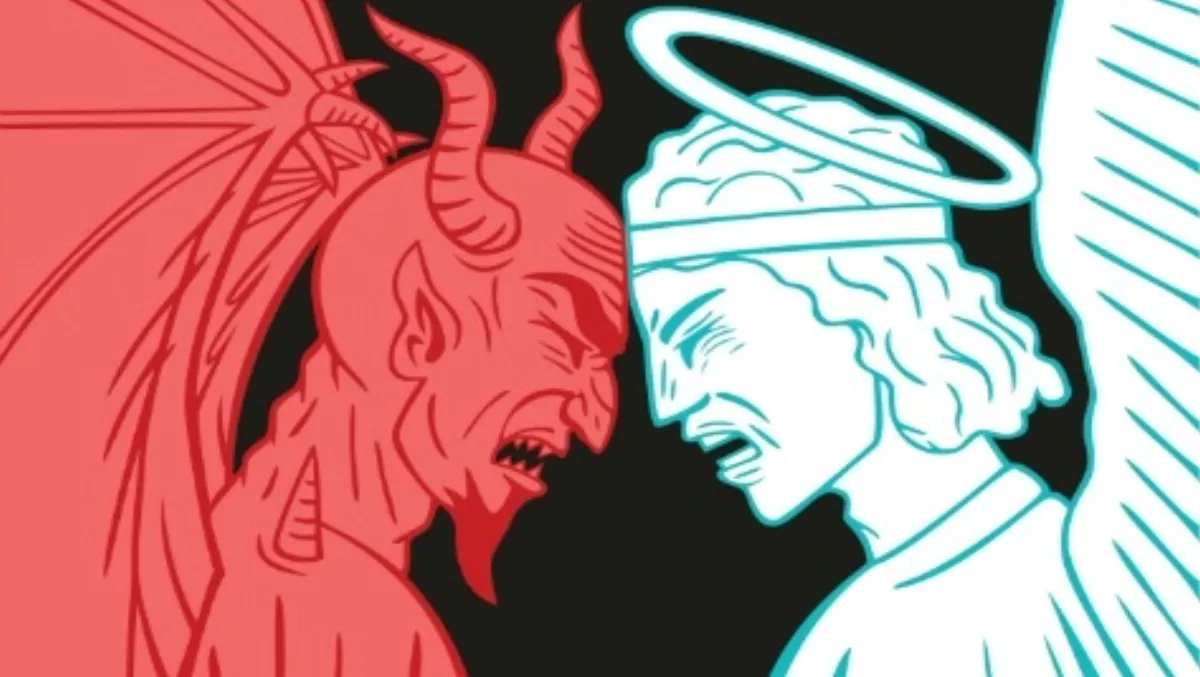
The way we buy music and the way we connect with artists is changing, with online sites and services changing the relationship.
In the past few years musicians have been switching up their marketing strategies, leaving traditional sales channels behind and engaging with their audience in new ways.
This year U2 released their new album, Songs of Innocence, for free. The album was automatically gifted to iTunes users - all 500 million of them - in conjunction with the release of the iPhone 6.
It appeared automatically and there was no easy way to return or remove it. Many people took to the twittersphere to share their annoyance that the album that would not be banished.
Eventually, U2’s frontman Bono, apologised and Apple set up a site with specific instructions for how to remove the songs from your iTunes library.
Despite this, 26 million, about 5% of iTunes users, downloaded the album, and 61% (81 million) listened to a song.
The band’s last album was The Joshua Tree, which has been downloaded 10 million times and overall, 14 million customers have brought U2 albums from their iTunes Store since it opened in 2003.
On top of that, when the album was made available to buy from October 14 with 10 additional songs, about 29,000 copies were sold.
In 2013, Jay-Z partnered with Samsung to release his new album. He was paid $5 million to make the album Magna Carta Holy Grail, available for a million Samsung smartphone users three days before its official release date.
In the same year, Beyonce made her self-titled album available on iTunes without any advance notice or promotion. It sold more than 600,000 copies in its first week, made the number one spot in 104 countries and was the fastest selling album in the history of iTunes.
In the past musicians would have to tirelessly promote themselves on radio, through print and on TV. Today, if you have a voice you can, in theory, be heard. If people like what you’re making, it can spread.
Take Lorde, for example. In November 2012, she self-released her EP, The Love Club, through SoundCloud for free download. By March 2013 it had been downloaded 60,000 times and Universal Music Group decided to commercially release the songs.
It peaked at number two on the charts in New Zealand and Australia. When Royals was released as a single it spread like wildfire, claiming the top spot on the charts around the world, spending nine consecutive weeks as number one on the Billboard 100 chart.
According to data from Recorded Music NZ, in 2013 Kiwi musicians made more money from digital album sales than physical records for the first time, and this trend is set to continue.
Last year, recorded revenue for digital sales was $27.9 million for digital and $27.1 million for physical. In comparison, in 2007 digital accounted for $6 million and physical was at $78 million.
The music industry is in a transitory period and some have said it is unstable and only going to get worse. Some feel artists are no longer receiving the remuneration they deserve. Just this month, Taylor Swift took all her albums off Spotify, with her team saying it was a move to protect the value of music.
However, this is also a time when musicians have more channels to share their music, and opportunity-makers and innovative thinkers can thrive.
As Dave Grohl, Foo Fighters frontman says, while he can understand where the objections come from, he doesn't care if people pay $1 or $20, he just wants people to listen to their music.
He says for him it's simple and personal. “You want people to fucking listen to your music? Give them your music. And then go play a show. They like hearing your music? They’ll go see a show.”
